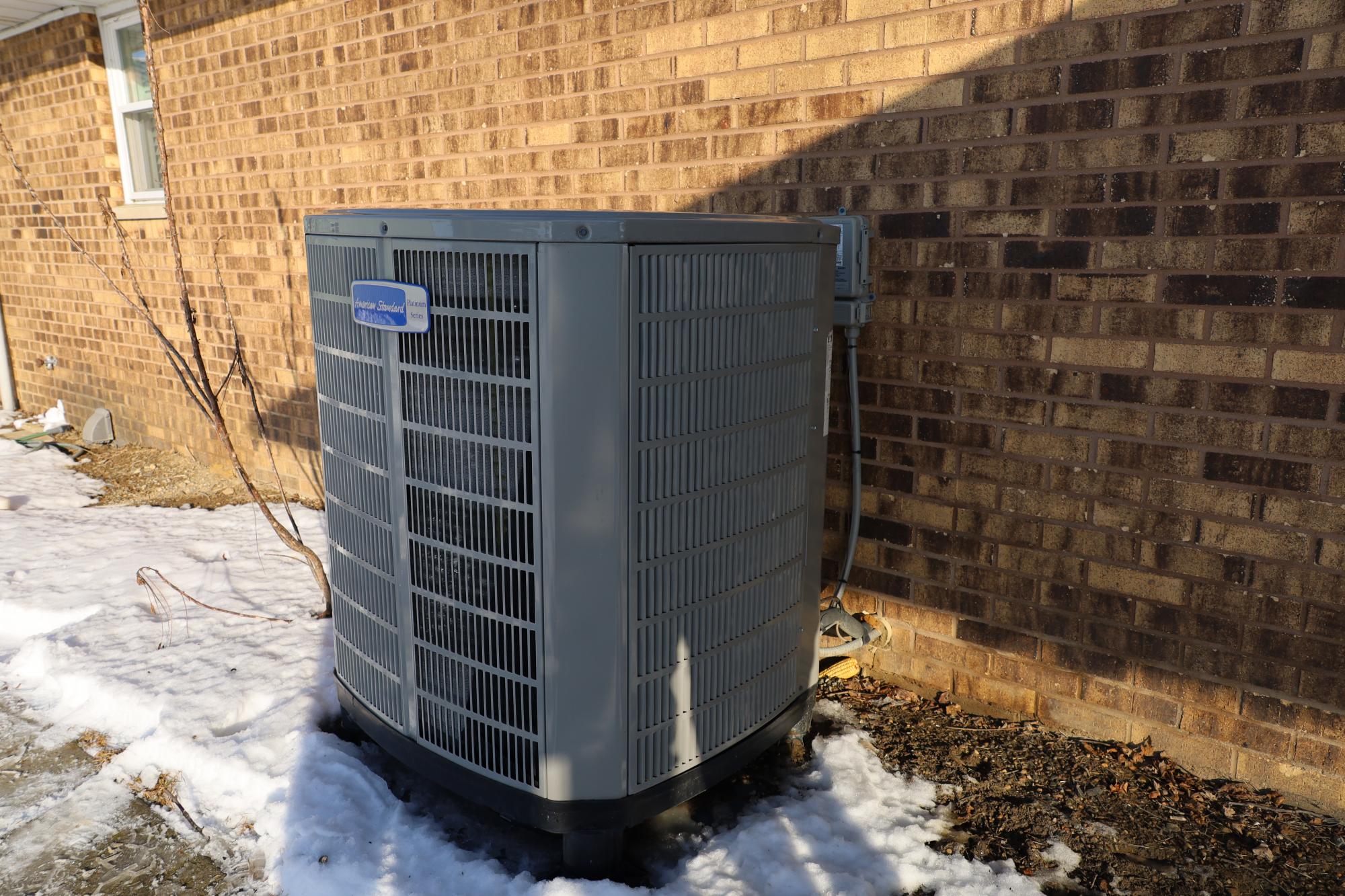The record-setting cold temperatures in the winter can keep most of us indoors and looking for ways to stay warm. Please be aware that you may see higher-than-normal electric bills next month, which begs the question: “Why does my bill go up when it’s cold outside?”
- It’s a frigid fact that you use more energy in cold weather.
- Most people spend more time at home in the cold weather, thus using more energy.
- Your heating system works much harder to keep your home comfortable in cold weather. Even if you don’t change your thermostat setting, it runs longer to heat your home. And if it’s an older furnace or heat system, it may have to work harder to keep you warm enough to combat those bone-chilling temperatures we experienced.
- Even gas heating systems use electricity to power the fan and distribute the warm air.
- Chances are, you took more hot showers, baths, and used more hot water in general.
- You may have also used space heaters and electric blankets more than usual, which can consume a lot of energy when left on for hours.
Monitor your energy use through SmartHub to see where spikes occur
If you’d like to monitor your energy use and set Usage Alerts, you can do this through SmartHub. Just create an account, either on a desktop or download the free mobile app, and you can view your yearly, monthly, daily, or even hourly electric use to see when normal spikes occur and to track down what you did differently to make your usage go up or down. Changing your behavior around those spikes can help you save on your bill. You can even set energy use alerts that notify you when you go over a pre-set amount.
Take advantage of our energy calculators: Learn where your energy dollars are going.
Speak with our energy experts or schedule an energy audit
If you are concerned about your electric bill, call us at 800-686-2357 to speak with our energy advisor. We may be able to recommend specific solutions to help with your electric bills, or you can schedule an energy audit to get an in-depth look at where your energy dollars are going and the DIY home improvements you could make for improved energy efficiency. In wintertime especially, a leaky house can cost you a LOT in heating bills, as your warm air leaks out and frigid air comes in through cracks around your windows, doors, attic cover, and more. Adding insulation can also help. Be sure to check out our full list of REBATES, which could help you with the cost of air sealing, adding insulation, purchasing new ENERGY STAR appliances, and more.
 +
+



